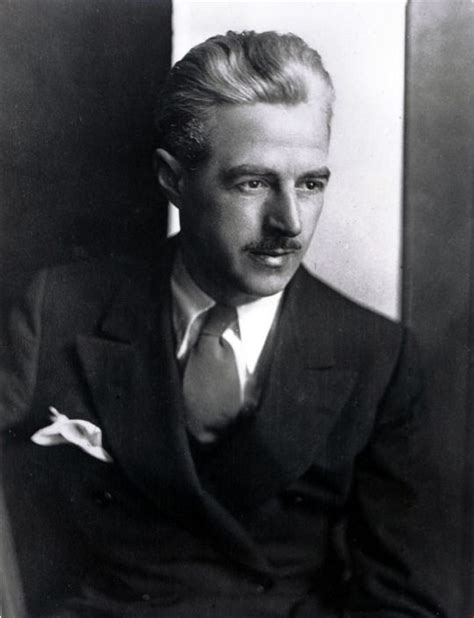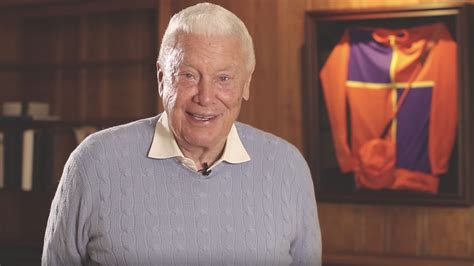A Quote by Jorge Luis Borges
I might accept immortality, if I had to do it. But I would prefer - if there is any afterlife - to know nothing whatever about Borges, about his experiences in this world.
Related Quotes
It is easy to remove the mind from harping on the lost illusion of immortality. The disciplined intellect fears nothing and craves no sugar-plum at the day's end, but is content to accept life and serve society as best it may. Personally I would not care for immortality in the least. There is nothing better than oblivion, since in oblivion there is no wish unfulfilled. We had it before we were born, yet did not complain. Shall we whine because we know it will return? It is Elysium enough for me, at any rate.
He was about to go home, about to return to the place where he had had a family. It was in Godric’s Hollow that, but for Voldemort, he would have grown up and spent every school holiday. He could have invited friends to his house. . . . He might even have had brothers and sisters. . . . It would have been his mother who had made his seventeenth birthday cake. The life he had lost had hardly ever seemed so real to him as at this moment, when he knew he was about to see the place where it had been taken from him.
I just would like to say that over more than a quarter-century as a scientist and a believer, I find absolutely nothing in conflict between agreeing with Richard [Dawkins] in practically all of his conclusions about the natural world, and also saying that I am still able to accept and embrace the possibility that there are answers that science isn't able to provide about the natural world - the questions about why instead of the questions about how. I'm interested in the whys.
STRAUSS:Have you ever thought about putting those experiences into a book? RICHIE:I did decide to write about what i experienced in climbing to the top. And finally when I got there, I discovered what was at the top.You know what was there? STRAUSS: No, I don't. RICHIE: Nothing. Not one thing. What was at the top was all the experiences that you had to get there.
I know absolutely nothing about where I'm going. I'm fine with that. I'm happy about it. Before, I had nothing. I had no life, no friends, and no family really, and I didn't really care. I had nothing, and nothing to lose, and then I knew loss. What I cared about was gone; it was all lost. Now I have everything to gain; everything is a clean slate. It's all blank pages waiting to be written on. It's all about going forward. It's all about uncertainty and possibilities.
I started out with nothing in the world but a kind of passion, a driving desire. I don't know where it came from, and I don't know why - or why I have been so stubborn about it that nothing could deflect me. But this thing between me and my writing is the strongest bond I have ever had - stronger than any bond or any engagement with any human being or with any other work I've ever done.
I write for myself, and perhaps for half a dozen friends. And that should be enough. And that might improve the quality of my writing. But if I were writing for thousands of people, then I would write what might please them. And as I know nothing about them, and maybe I'd have a rather low opinion of them, I don't think that would do any good to my work.
Be sure of your call to every business you go about. Though it is the least business, be sure of your call to it; then, whatever you meet with, you may quiet your heart with this: I know I am where God would have me. Nothing in the world will quiet the heart so much as this: when I meet with any cross, I know I am where God would have me, in my place and calling; I am about the work that God has set me.
It is not strange that some of our revoltes preach trial marriage: for the only safe way to marry them at all would be on trial. Until you had definitely experienced all the human situations with them, you would have no means of knowing how, in any given situation, they would behave. They might conform about evening-dress, and throw plates between courses; they might be charming to your friends, and ask the waiter to sit down and finish dinner with you. Or they might in all things, little and big, be irreproachable. The point is that you would never know.






































